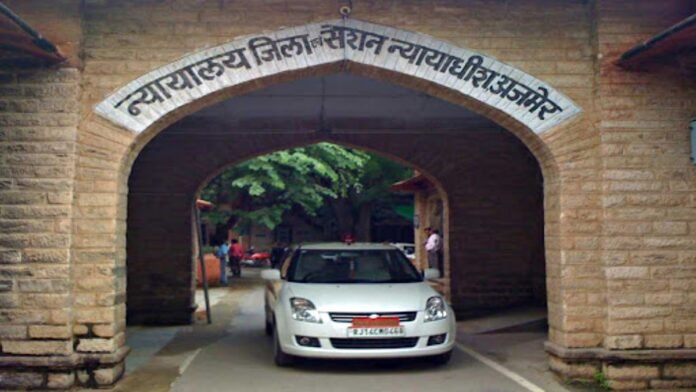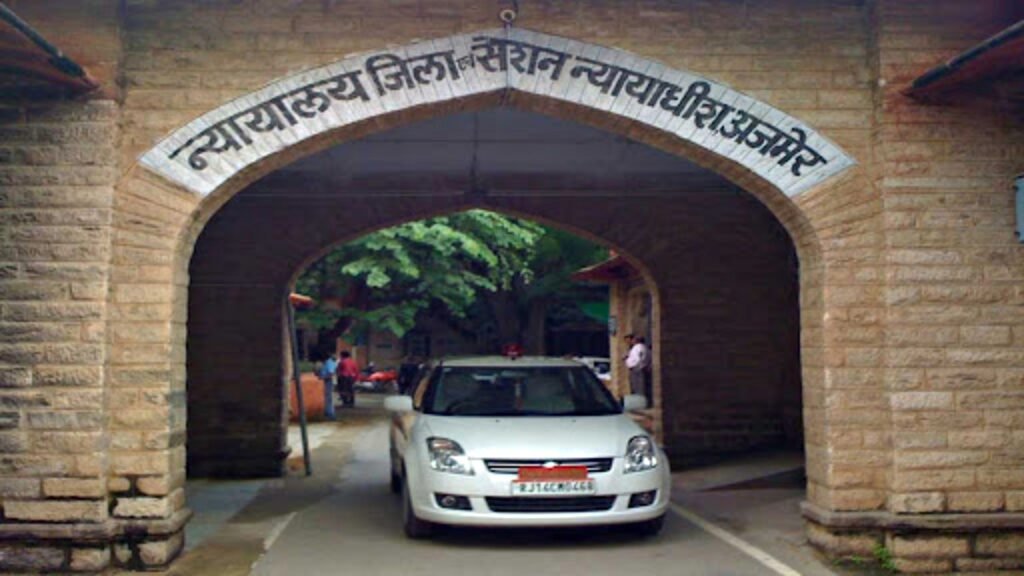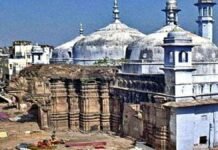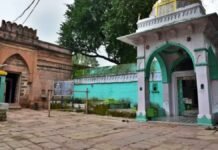
Ajmer: In a move stirring significant debate, a Rajasthan court has accepted a petition filed by the Hindu Sena, alleging that the historic Khwaja Garib Nawaz Dargah in Ajmer was originally a Hindu temple dedicated to Lord Shiva. The organization has requested an Archaeological Survey of India (ASI) investigation into the site, following similar controversies surrounding the Sambhal Jama Masjid.
Court Accepts Petition for ASI Survey
The Ajmer Civil Court has agreed to hear the petition filed by Vishnu Gupta, the National President of the Hindu Sena. The petition argues that the dargah, one of the most revered Sufi shrines in India, was historically a “Sankat Mochan Mahadev Virajman Temple.” The court has scheduled the next hearing for November 27, where further deliberations are expected.
This acceptance by the court opens the door to a potential ASI-led survey, akin to the one recently ordered for the Sambhal Jama Masjid. If approved, this survey would aim to verify claims regarding the dargah’s origins.
Historical Claims Backed by a Century-Old Book
Central to the Hindu Sena’s argument is a book authored by Har Vilas Sharda in 1910. The text reportedly includes evidence suggesting that the site of the Ajmer Dargah was previously a Hindu temple. The petitioners have also submitted additional documents and records to substantiate their claim.
According to Vishnu Gupta, these historical references point to the dargah’s transformation from a temple into its current form. He has requested the cancellation of the shrine’s current recognition as a dargah and its reclassification as a Hindu temple.
Hindu Sena’s Demands
The Hindu Sena’s petition outlines several key demands:
- Recognition of the Site as a Hindu Temple: The organization wants the shrine to be officially declared a “Sankat Mochan Mahadev Virajman Temple.”
- Removal of the Dargah Committee: The petition calls for the removal of what it terms as “unauthorized illegal occupation” by the dargah committee.
- Permission for Hindu Worship: The petitioners have sought approval for Hindu devotees to perform worship at the site.
- ASI Survey: The petition demands a comprehensive survey by the ASI to validate their claims about the site’s origins.
Broader Implications
The controversy surrounding the Khwaja Garib Nawaz Dargah is reminiscent of other disputes involving historical religious sites in India. These cases often reignite discussions on the cultural and religious identity of such landmarks, raising questions about historical narratives and their modern-day interpretations.

What Lies Ahead?
As the court proceedings advance, the decision to conduct an ASI survey could have far-reaching consequences for the dargah and its followers. The case also underscores the growing trend of revisiting the history of religious sites in India, often leading to polarized opinions and heightened communal sensitivities.
The next court hearing on November 27 will be pivotal in determining whether these claims will lead to tangible actions, including a survey or changes in the shrine’s designation.









































